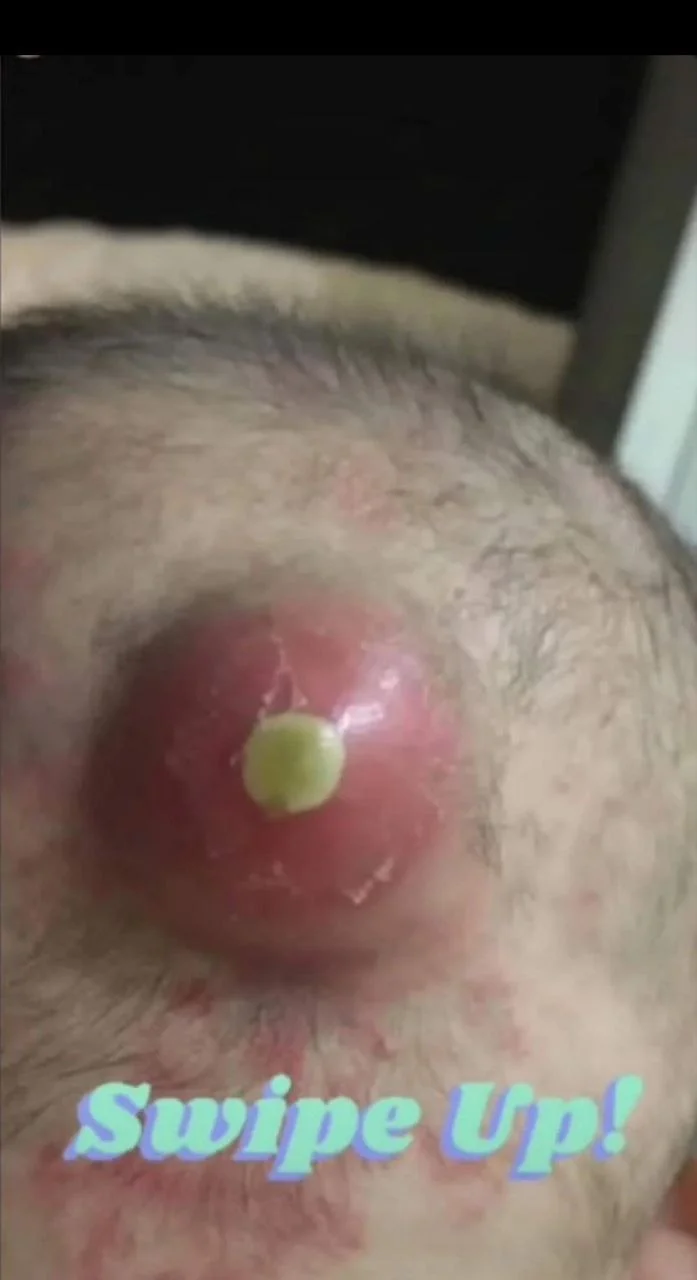If moles exhibit irregular borders, color changes, or grow rapidly, it may indicate melanoma, a deadly form of skin cancer.
Any unusual changes in moles should prompt immediate medical evaluation.
Early detection and treatment are crucial for successful outcomes in skin cancer cases. Regular skin checks are essential for early detection of abnormalities.
Sebaceous cyst

Sebaceous cysts are filled with sebum and are less common than epidermoid cysts. They often form within sebaceous glands, which are part of your skin and hair follicles. Sebaceous glands make oil for your skin and hair.
These cysts most commonly occur on your face, neck, or torso, and are often the result of damage to sebaceous glands.
Breast cyst

Benign cysts can develop when fluid collects near your breast glands. They can cause pain or tenderness in the affected area.
While breast cysts are noncancerous, there are many possible other more serious causes for a lump in your breast. It’s important to be familiar with how your breasts typically feel so you’re aware of changes. This way, you’re more likely to notice changes right away.
You should try to make an appointment to see a healthcare professional if:
- you discover a new lump
- an area of your breast is noticeably different than the rest
- a lump changes or grows larger
- you notice unexpected discharge from the nipple
- you have an inverted nipple, and it wasn’t always inverted
Ganglion cyst

A ganglion cyst is a round, gel-filled lump of tissue that usually appears along tendons or joints, especially in the hands, wrists, ankles, and feet. Fluid accumulation can occur due to injury, trauma, or overuse, but often the cause is unknownTrusted Source.
A ganglion cyst is common, harmless, and doesn’t cause pain or difficulties unless it grows and puts pressure on other structures.
Pilonidal cyst

A pilonidal cyst is a common skin condition that forms in the cleft at the top of your buttocks. It consists of a small hole or tunnel in the skin that may become infected and fill with fluid or pus and it typically occursTrusted Source after puberty.
Changing hormones, hair growth, and friction from clothes or from spending a long time sitting may all cause a pilonidal cyst.



